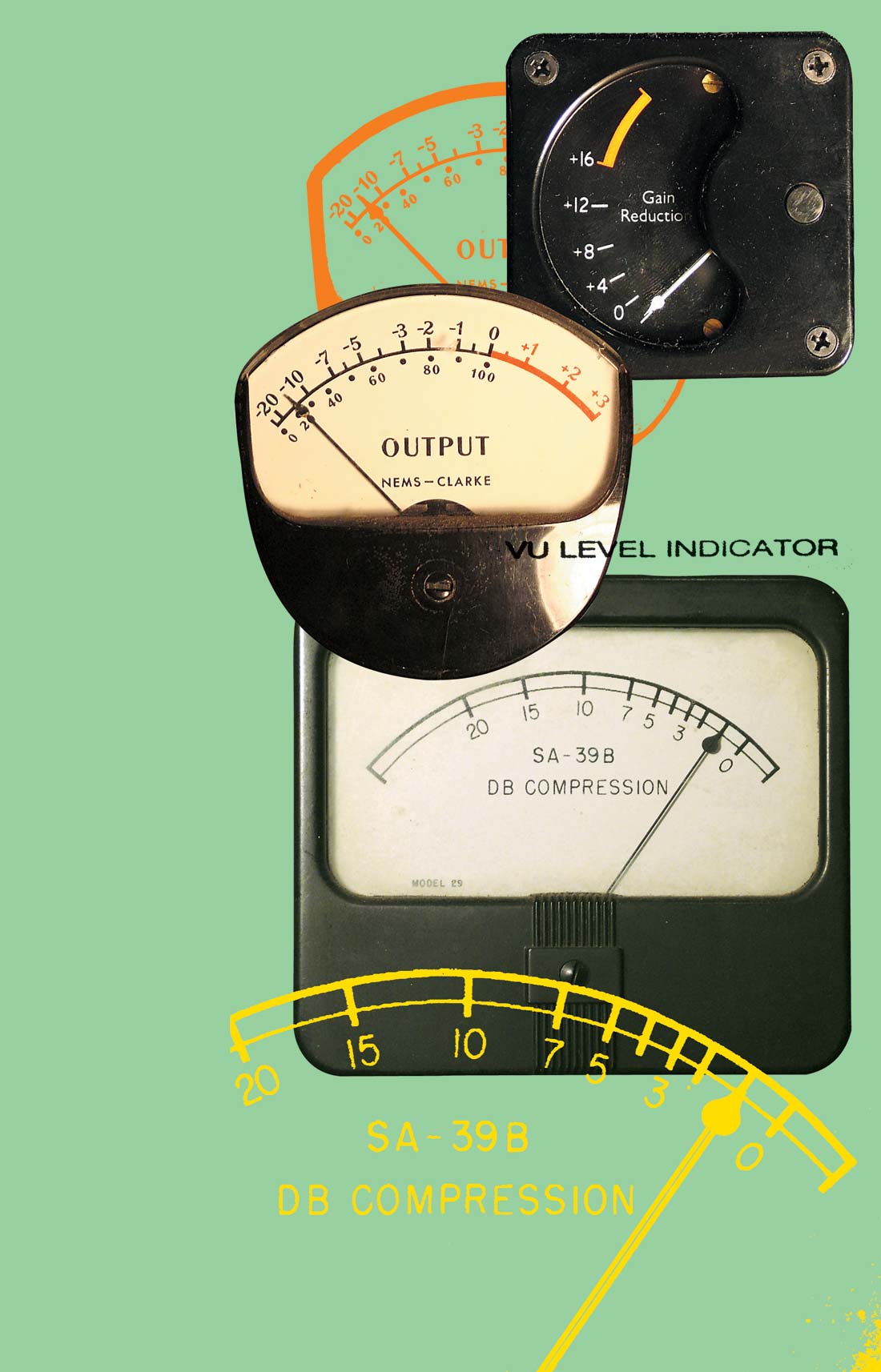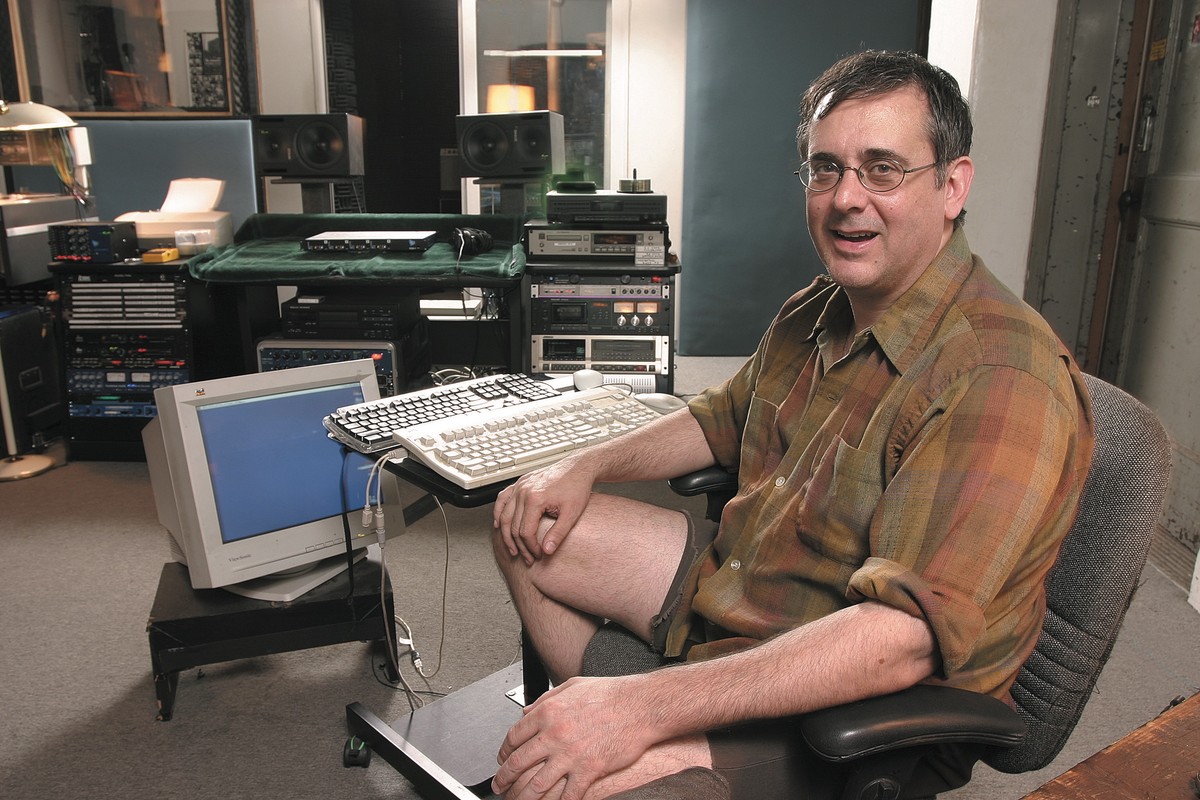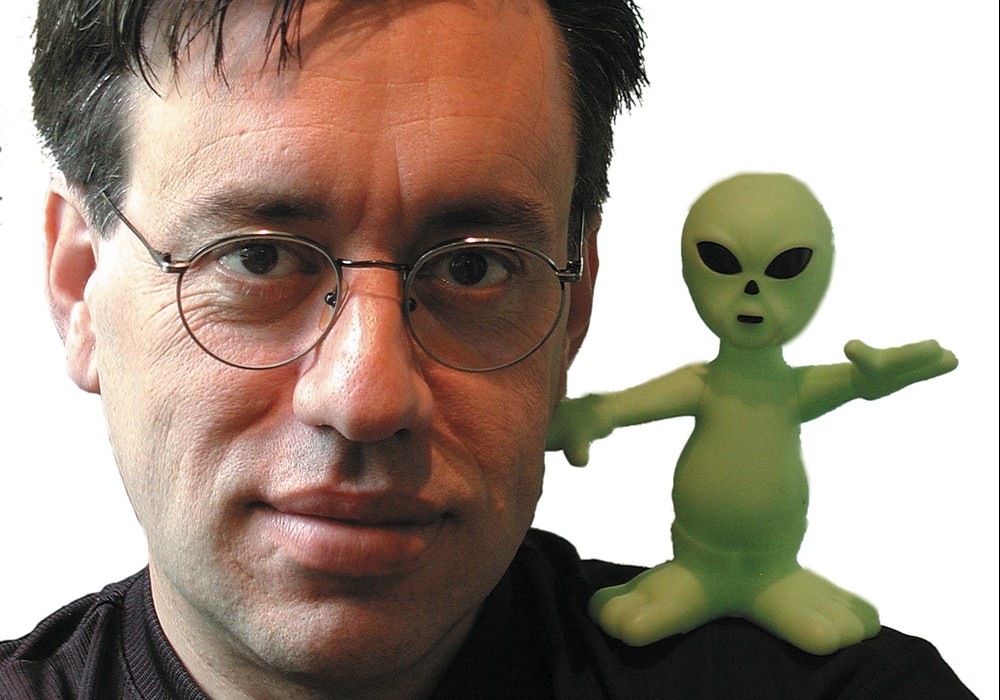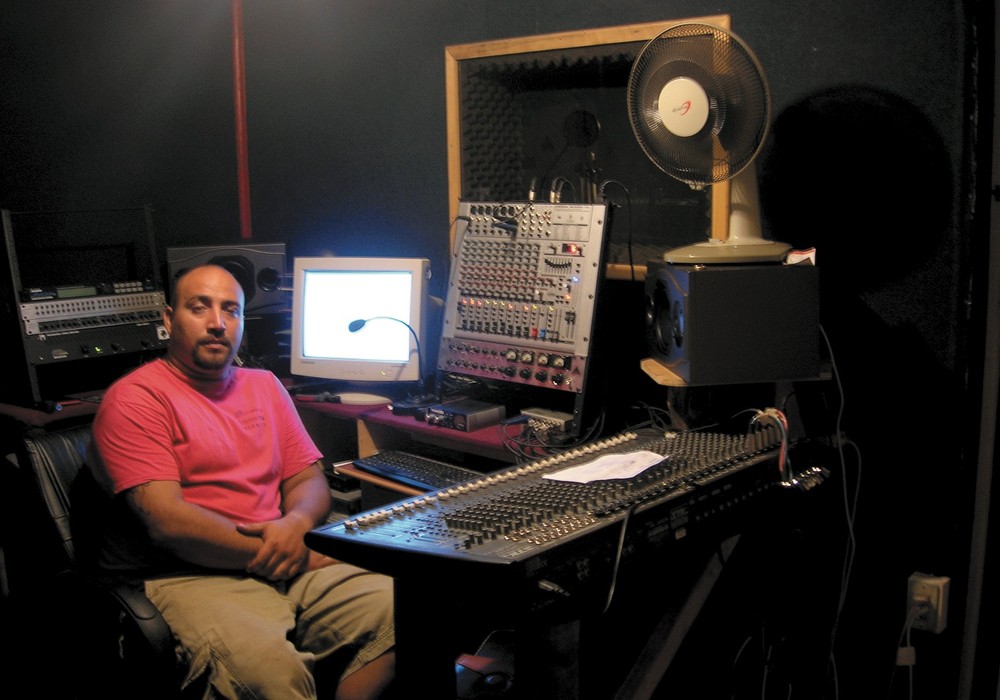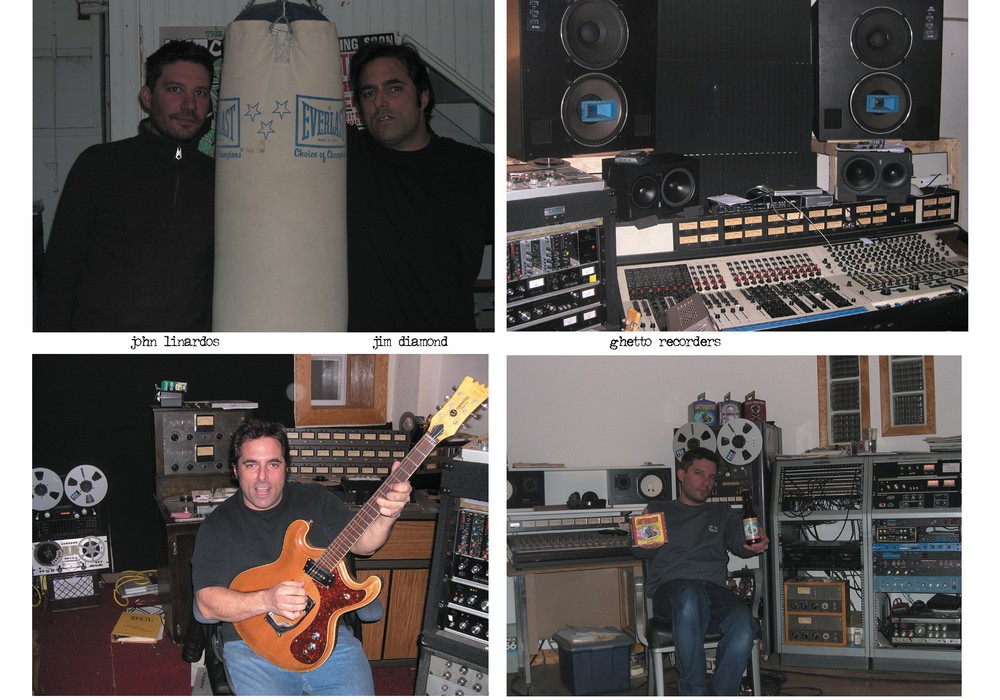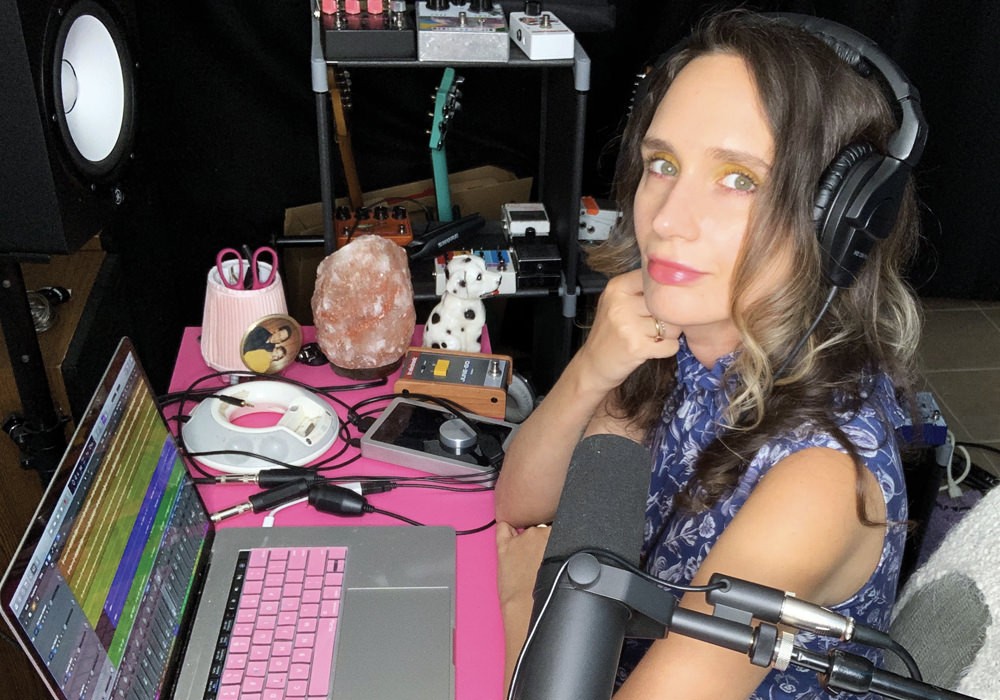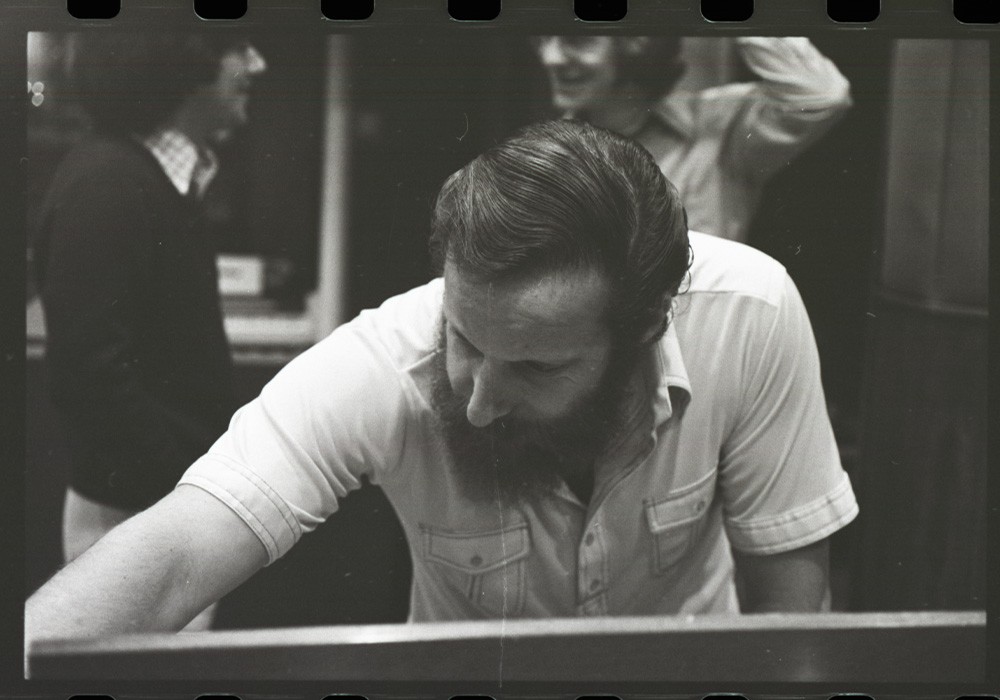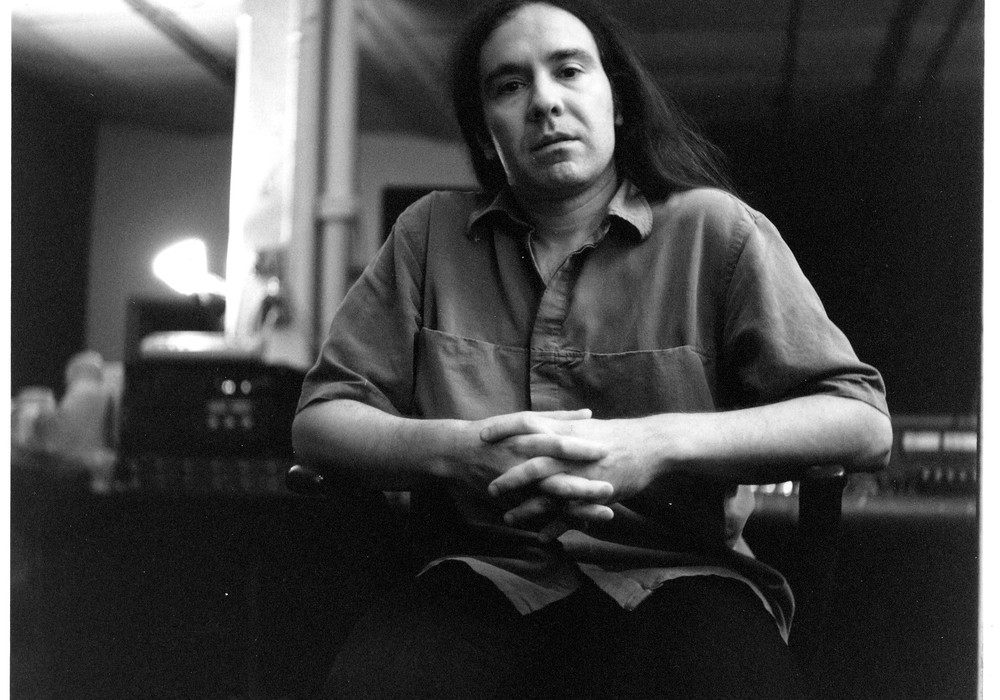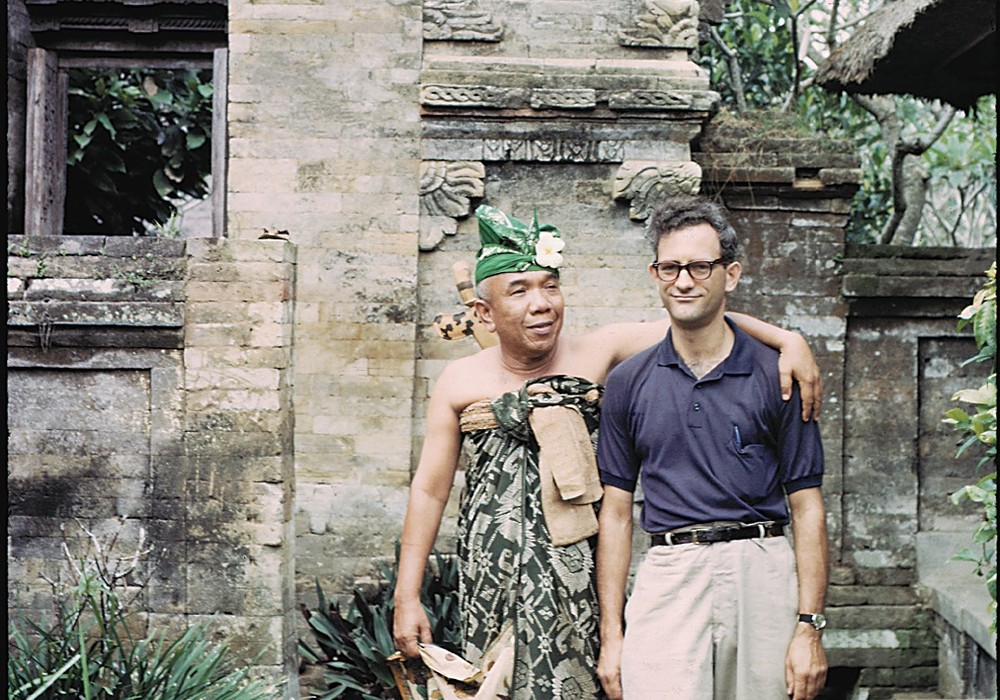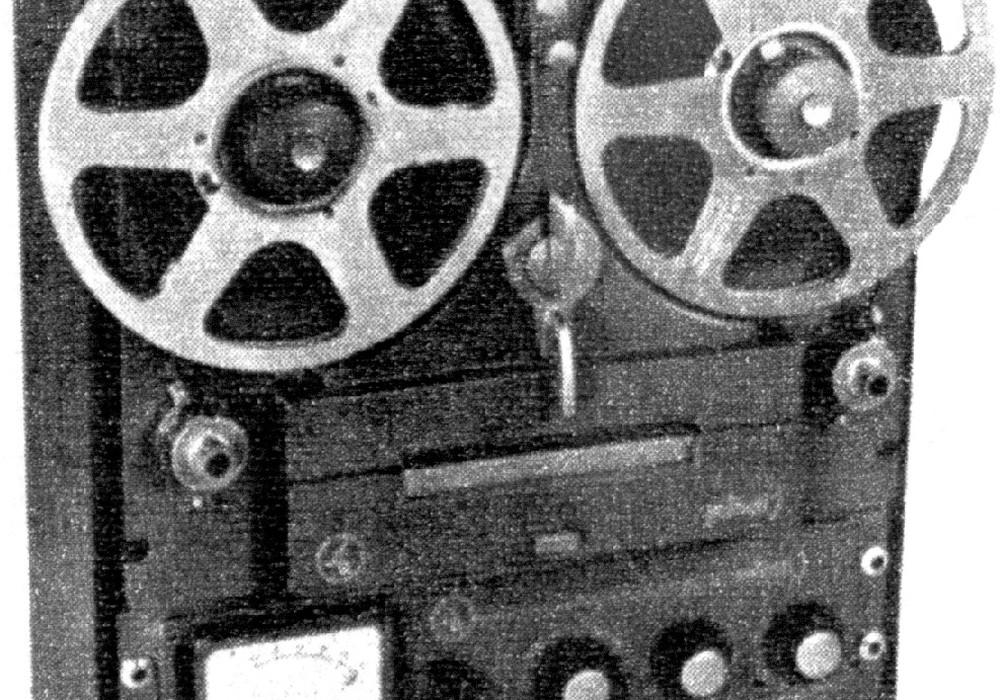Chicago has always boasted great recording dens, from Bill Putnam's [Tape Op #24] Universal (the forerunner of Hollywood's United Western) to the mighty Chess Studios on South Michigan Avenue. While those landmarks long ago closed shop and the major labels are gone, Chicago has never suffered for lack of studio talent — especially over the last decade or so, when the indie music scene here took off. Behind Liz Phair's rise was Brad Wood, and Steve Albini [#87] made his mark not just with Nirvana's In Utero, but his own bands (Big Black, Shellac) and acts from the Pixies to Poster Children.
Engineer-producer Mike Hagler, the owner of Kingsize Sound Labs, may be lesser known but his records need little fanfare. Consider Wilco's Summerteeth, Lloyd Maines, the Wilco-Billy Bragg Mermaid Avenue discs, Neko Case's Canadian Amp, Jay Bennett, Five Style, Butterglory, Jon Langford's various projects (Mekons, Waco Brothers), Tim Easton, The Handsome Family, Heavy Duty Felt and the Pulsars. That one-time major label electronic pop band was fronted by Hagler's ex- studio partner, Dave Trumfio, and Hagler doubled as the Pulsars' studio guitarist and keyboardist. All told, it's one substantial track record for someone who came to the recording business at an age when many rockers turn in their picks and sticks for good.
"I didn't get into this until I was 32," says Hagler, now 43. "I was a parts manager at a car dealership, and like a lot of people in their twenties, I wanted to be a rock star." Now he's a studio standout. Yet to visit the Kingsize digs — located in an old Illinois Bell training facility in Chicago's Wicker Park neighborhood — you might think that you stumbled upon the wrong place. Talents as large as Hagler's aren't supposed to work in rooms as small as this. Measuring about 20-by-16 feet, with a 16-foot ceiling, it was once Kingsize's B room when Hagler, Trumfio and third partner Ken Sluiter rented space on the other side of the building. And while his equipment list includes a Pro Tools HD system, a Studer A80 1/4" mixdown machine, Genelec 1031 monitors and some boutique outboard gear, there aren't gobs of gadgetry blinking at you.
But Hagler likes it here, so much so that he lives in a snug, simple loft above the isolation booth. What's more, there's a disarming quality to the spartan, industrial surroundings, one that gets bands to cast off fears of stuffy studio vibe. Much like the room, Hagler's records lack gingerbread. They have a clear, focused quality — even as he draws on an adventurous palate of off-the-wall ideas coaxed from effects boxes, detuned instruments, Space Echos, digitally-twisted keyboards or whatever's lying around from a previous session.
Hagler's work also proves that the most important tools for any studio craftsman are his ears, mind and heart. After working many sessions with Mike, I've noticed some things that emerge as noteworthy constants. He is patient to the point of transcendence. He doesn't strain to leave his pee marks on a project. He personifies a musician's locked concentration as he preps a mix, which he can often do in under three hours. Though he labors hard to get it right, there is nothing labored or forced about his sound. During downtime, he noodles with crossword puzzles and is an avid reader of the New Yorker. He favors the odd combination of shorts and brown socks. His sharp sense of humor breaks up session tension. In search of new sounds or ways to improve his craft, he's a restless experimenter and perfectionist. And though he often deserves more credit than he gets for shaping the records he's worked on, I've never heard him complain about it or exhibit signs of slick self-promotion.
'By the seat of my pants'
Hagler landed his first serious recorder in 1979, a Tascam 3440 4-track reel-to-reel that predated the hugely successful Portastudio cassette decks. "I bought it from some guys who were in a Beatles cover band. I think I paid like $1,000, which wasn't a bad price back then — and I was gaga. It got a really good sound. I still have a lot of...
